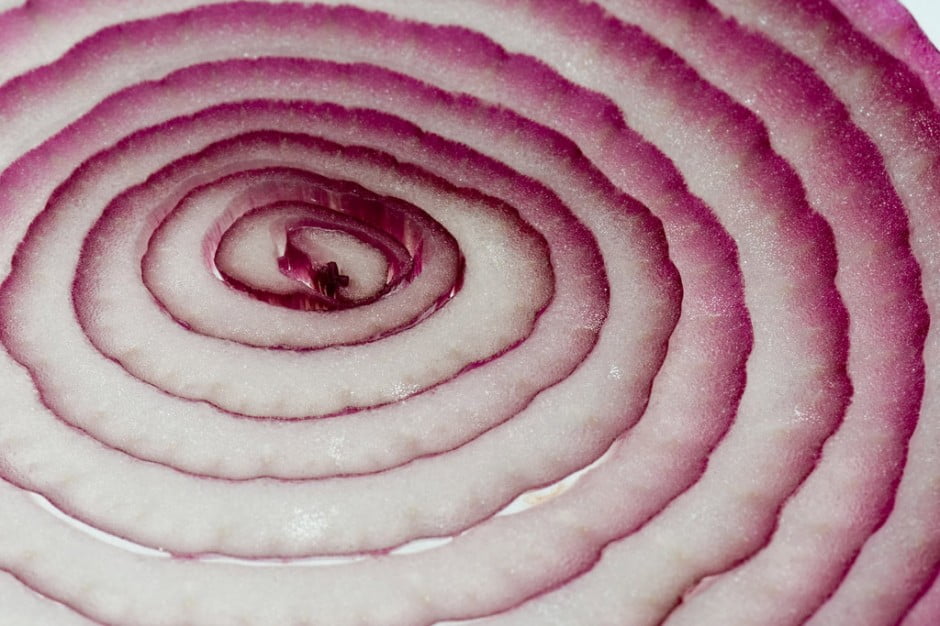A joke had been circulated regarding which one would be the first to reach the hundred mark: the rupee, onions or petrol. I guess that we all have the answer now. It is onions. On 22nd October 2013, the onion prices in Bhopal and Patna touched the Rs. 100 mark bringing tears into the eyes of housewives, both, literally and metaphorically.
Economists claim that this rise in prices has been due to unseasonal rains and infrastructural issues regarding the storage facilities, but doesn’t that affect all the agricultural produce? Prices of all agricultural products have been inflating, however, the question is, why are the prices of onions in particular skyrocketing? One of the key responses to this is, that they are staple food. Both the poorest and richest families in India consume onions as they add flavour to the Indian food. But even tomatoes are staple food. Why then, are the prices of tomatoes not shooting up?
There is no one answer to this question. But there have been various causes identified for the same. One of the key reasons is that wholesalers are holding the supply of onions, so that they can sell these onions when the prices are the highest. The same cannot be done for tomatoes, as their shelf life is much shorter than that of onions. The supply is further limited since onions are grown primarily in Maharashtra and Karnataka, both of which have been affected by the adverse impacts of unseasonal rains. Also, even though the supply of onions is being limited and the prices are rising in the domestic market, onions are being exported by India. The exporting of onions further reduces their supply in the domestic market. This shortage of supply isn’t being met by the market, since onions are not imported by the country, thus leading to the price rise of onions. So far, the government has not been importing onions since India is the second largest producer of onions in the world. However, taking into account the recent crisis, the government has made plans to import onions from Egypt, China, Pakistan and Iran in order to bring down the onion prices.
Another probable reason is the political influence on onion prices. It has been noticed that before the general elections onion prices usually rise, as it had been seen in 1980 when Indira Gandhi won the elections. It is being claimed that BJP supporters play an integral role in holding the onion supply today. The wholesalers in support of the opposition are taking such steps to influence voters to vote against the current government which is already carrying the baggage of the depreciating rupee and falling economic standards. So the question whose answer we are all eagerly waiting for is, will the onion prices fall after the 2014 general elections? The answer remains unknown, but we do hope that the answer is a yes.

































